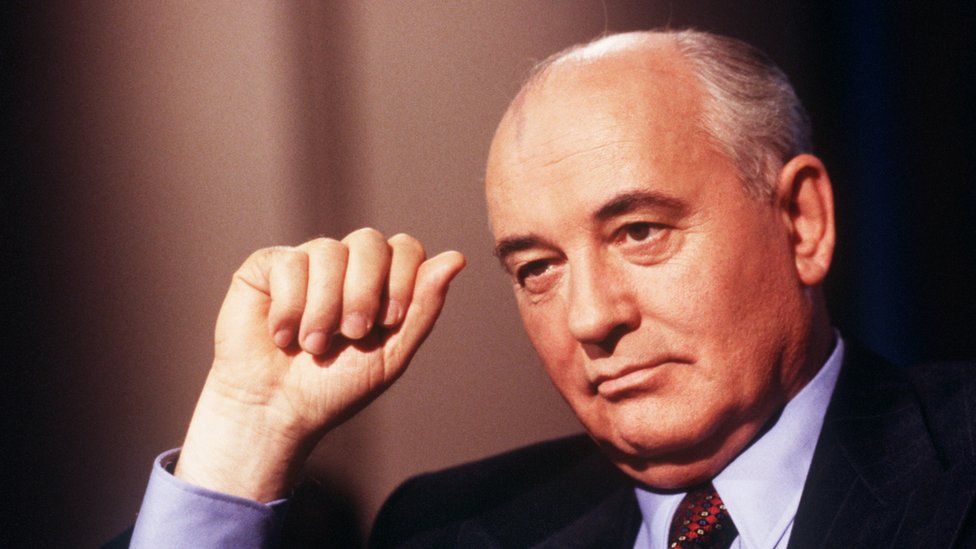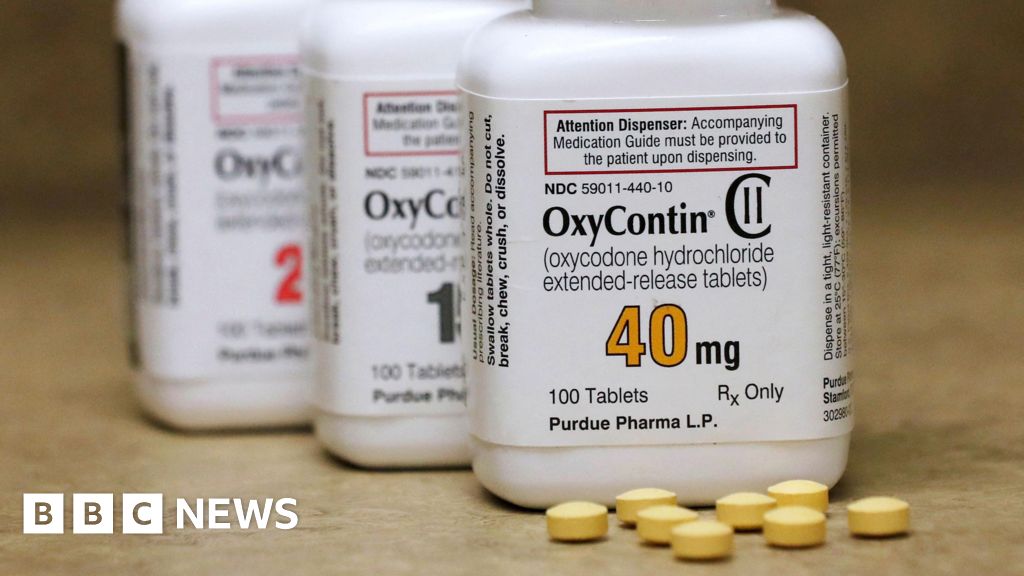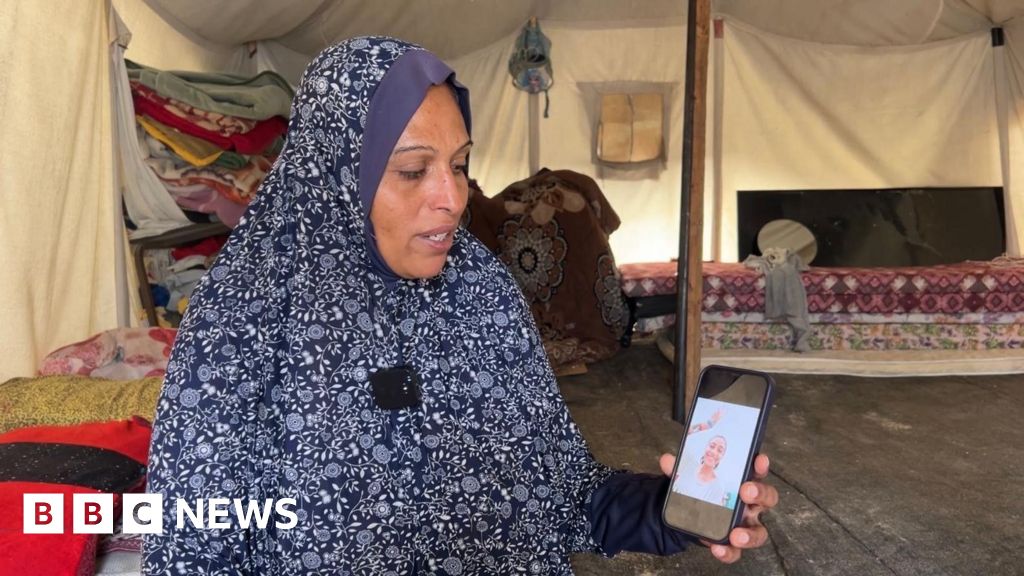ARTICLE AD BOX
 Image source, Getty Images
Image source, Getty Images
Mikhail Gorbachev was widely acclaimed in the West, but reviled by many at home
Mikhail Gorbachev, the last Soviet leader who brought the Cold War to a peaceful end, will be buried in Moscow on Saturday - four days after he died.
Russian President Vladimir Putin will not be attending the funeral because of his work schedule, the Kremlin says.
However, this is widely seen as a snub to the man who oversaw the breakup of the Soviet Union.
Mr Gorbachev took power in 1985, introducing bold reforms and opening the USSR to the world.
But he was unable to prevent the collapse of the union in 1991, and many Russians blame him for the years of turmoil that ensued.
Outside Russia, he was widely respected, with the UN Secretary General António Guterres saying he had "changed the course of history", and US President Joe Biden calling him a "rare leader".
The Gorbachev Foundation says the funeral ceremony will begin at 10:00 local time (07:00 GMT), with members of the public paying their last respects to Mr Gorbachev at the House of the Unions historical building in the Russian capital.
Later on Saturday he will be buried in Moscow's largest cemetery, Novodevichy, which is the final resting place of many prominent Russians. Mr Gorbachev will be buried next to his wife Raisa, who died of leukaemia in 1999.
President Putin earlier sent his "deepest condolences", describing how Mikhail Gorbachev, who was 91, had had "a huge impact in the course of history".
"He deeply understood that reforms were necessary, he strove to offer his own solutions to urgent problems," the Russian leader said.
But Saturday's ceremony will not be a state funeral, which many observers say reflects the strained relationship Mr Putin and Mr Gorbachev had.
Mr Putin once called the collapse of the USSR the "greatest geopolitical catastrophe of the century", and the pair's last meeting was reportedly in 2006.
Most recently, Mr Gorbachev was said to have been unhappy with Russia's invasion of Ukraine, even though he had supported the annexation of Ukraine's Crimea peninsula in 2014.
The hospital in Moscow where Mr Gorbachev died on Tuesday said in a short statement that he had been suffering from a long and serious illness. It did not reveal the cause of death.
In recent years, his health had been in decline and he had been in and out of hospital. In June, international media reported that he had been admitted after suffering from a kidney ailment.
He is seen in the West as an architect of reform who created the conditions for the end of the Cold War in 1991 - a time of deep tensions between the Soviet Union and Western nations, including the US and Britain.
He was awarded the Nobel Peace Prize in 1990 "for the leading role he played in the radical changes in East-West relations".
But in the new Russia that emerged after 1991, he was on the fringes of politics, focusing on educational and humanitarian projects.
Gorbachev made one ill-fated attempt to return to political life in 1996, receiving just 0.5% of the vote in presidential elections.
Image source, Getty Images
Image caption,Ronald Reagan and Mikhail Gorbachev signing the Intermediate-Range Nuclear Forces Treaty in 1987

 2 years ago
22
2 years ago
22








 English (US) ·
English (US) ·